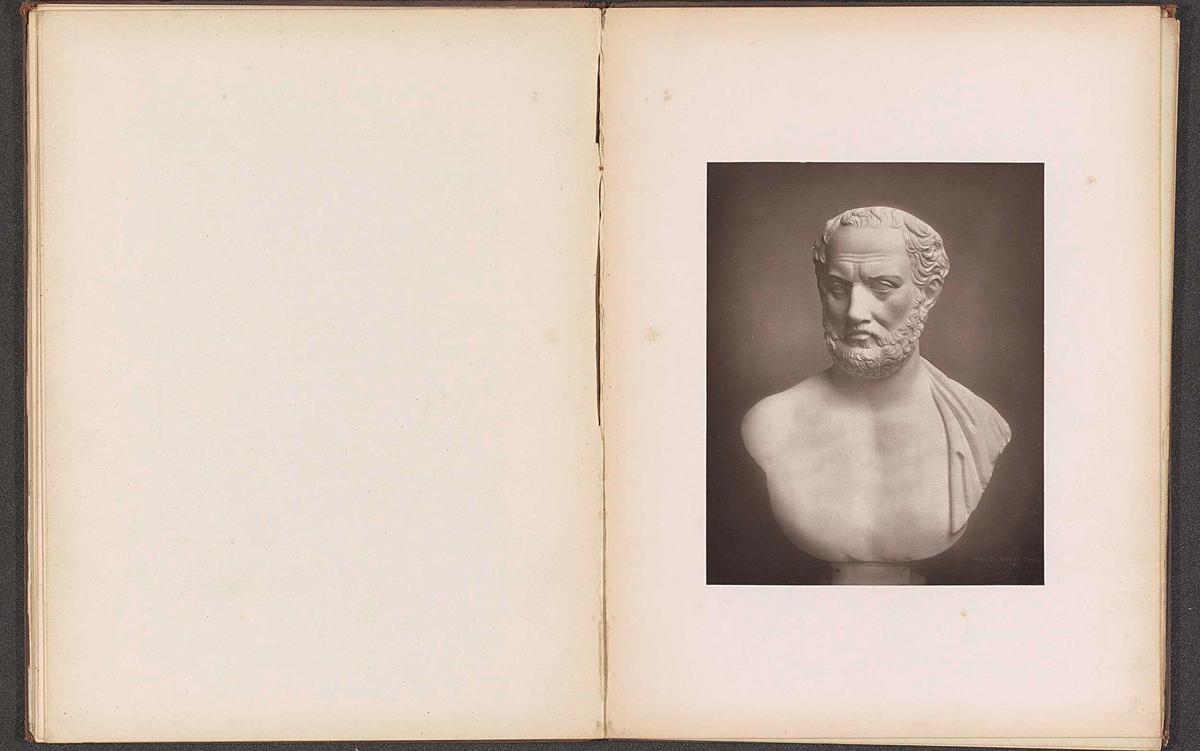I never read Thucydides himself, only Donald Kagan's The Peloponnesian War. Excellent book. Made me think that ancient Greece had basically done WWII and WWI but in reverse order...
Most assume that Thucydides tried to offer his reader a type of foreknowledge that could potentially translate into active control over the politico-historical process. Taken to its extreme, this ‘optimistic’ interpretation reads History of the Peloponnesian War as a sort of ‘political systems users’ manual’, as Josiah Ober put it, capable of creating expert political technicians. Recognising regularities in the historical process, it is thought, should lead to predictive capacity, which in turn allows for political mastery.
While I agree that some very strong tempering of expectations is needed, I find it a bit weird when historians go out of their way to claim they have no political insights whatsoever (this it not, I hasten to add, what the author claims here). If you can't find any parallels then what was the point of studying it ? It seems like a feigned profession of objectivity, much how certain varieties of pacifism look an awful lot like surrendering to the fascists. Likewise, I've been confused recently because several books on my wish list have had reviews where the readers are actually dismayed that the author has attempted to draw parallels with current events. And that's both worrying and bizarre. Do they actually just want historical escapism ? Are they objecting to their perceived criticism of the far right loonies ? Probably the latter, methinks.
Thucydides was not writing social science as we know it. To the extent that his text articulated anything like fundamental laws of political behaviour, it did so through exemplary instances and carefully curated parallelisms. The Peloponnesian War served as a paradigmatic event for Thucydides: a particular instance that revealed general truths. It served this representative role, however, not because it was typical. Rather, it was exemplary because it was uniquely ‘great’. The war would prove useful, in other words, not because of history’s strict repetition, but by the pregnancy of similarity and the reader’s ability to parse analogies effectively.
As I've said before, direct analogies, actual literal parallels, are both rare and uninteresting. Indirect analogies, which do have some (but only some !) similarities, are much more interesting because they require more careful thought to understand : which similarities are relevant, which are coincidental, which disparities are irrelevant to the point, etc. The skill of the commentator is to select the most relevant similarities.
The evident lesson behind all of this is that we must learn how to choose the right parallels if we are to judge well in politics. But Thucydides also knew that we did not have full control of the analogies that shape our deliberations, especially in public life... The seductive pull of ‘great’ events is not an incidental danger to the use of historical analogies. Analogies [often] serve more as vehicles for generating awe and outrage than for unearthing more nuanced understandings.
It is reasonable to think that Thucydides expected his work to hinder the ability of bad actors to abuse this power. At the same time, it is unclear just how far it was in his ability to do so. The Athenians, after all, had everything they needed to realise the truth about the Tyrannicides. What they lacked was the will to scrutinise something that they felt to be intuitively correct. Thucydides could give posterity an account of the Peloponnesian War that might stop it from becoming fodder for false parallels if considered carefully. But he could not thereby prevent opportunists from constructing misleading analogies on its back.
#History
#Politics
#Psychology
https://aeon.co/essays/what-thucydides-really-thought-about-historical-analogies

There are no comments yet.